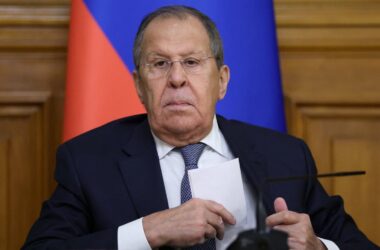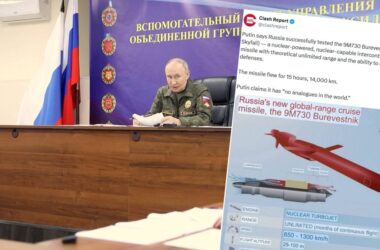On Oct. 23 the US Treasury imposed sanctions on Rosneft, Lukoil and over thirty affiliates, joined by the EU’s 19th package, tightening pressure on Moscow’s war‑financing fuel exports.
US‑EU sanctions tighten Moscow’s fuel revenues
On 23 October, the U.S. Treasury sanctioned Rosneft, Lukoil, and more than thirty affiliated firms, marking the first major financial blow in Trump’s second term. The aim was to curb oil‑export profits that fund the Kremlin’s war machine. Within hours, Lukoil shares slid 4% and Rosneft 3%.
Kremlin warns of retaliatory attacks
The EU’s 19th sanctions package mirrored the U.S. move, imposing gas import limits and targeting 117 vessels in Russia’s maritime logistics network. In response, Deputy Security Council Chairman Dmitry Medvedev condemned the U.S. actions as an “act of war” and vowed intensified attacks on Ukraine, warning that Kremlin financing for the conflict would be affected.
Sanctions target Russian oil and shadow fleet
The measures also hit the so‑called Russian shadow fleet—a network of tankers that bypass Western controls. Together with potential export bans to China, India, and Turkey, the package threatens to cripple Moscow’s war financing. Russia’s oil and gas sector accounts for at least a quarter of its 2024 federal budget.
Economic losses could reach $180 billion
Ukrainian Presidential Office’s sanctions policy advisor, Władysław Wlasik, said U.S. and EU restrictions could cost Russia billions in lost revenue—up to half of all oil income. He estimated Russia has already lost at least $180 billion, about $2.5 billion per month in petrodollars, due to these sanctions. The shadow fleet alone required $14 billion to assemble a 600‑800‑ship fleet, most now frozen.
Ukraine observes Trump’s political incentive
Experts like Oleksandr Kraye argue the new sanctions are not only an economic blow but also a political test for Trump. Trump sees sanctions as a flagship tool to assert leadership rather than merely advancing U.S. interests. Because sanctions hinge on Trump’s will, they remain unpredictable for allies such as Ukraine, which must also consider secondary sanctions on China and other partners.
Analysts such as Anton Szyc note that the measure’s effectiveness depends on the White House’s consistency. He likens the current sanctions to earlier talks on Tomahawk missiles, suggesting they may stall temporarily before Russian tankers resume activity.
Political scientist Saakian sees advantage for Ukraine
Political scientist Oleg Saakian argues the cancellation of Trump‑Putin talks was not shocking and may benefit Ukraine. He says the Budapest dialogue had little chance of success, and the U.S. showed a willingness to impose concrete pressure, thereby turning the Ukraine war also into a Trump war.





